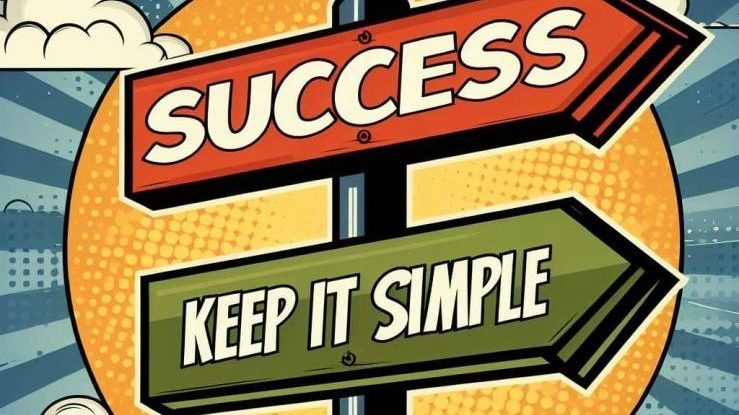Did you hear about the graduate who described his work experience as “Facilitating septuagenarians to negotiate public vehicular accessways, applying mandated guidelines to optimise safety”?
It turns out he had been a boy scout who helped older people cross roads.
A joke, yes, but try and figure out what these people do from these real CV examples:
- Provide support for an integrated approach to organisational performance management that will result in the organisation’s ability to enhance operations and maximise financial results
- Facilitate the establishment of viable regional governance structures
- Support the development of procedures and practices that reflect the organisational commitment to sustainable development
These descriptions are so vague and conceptual that they could mean anything. Did your eyes glaze over as you tried to read them?
Plain Language is Critical
No one really wants to read your CV. It’s a chore. When faced with a pile of CVs, an employer quickly switches to scanning mode – glancing over the text looking for key words. If the meaning is not readily apparent, the reader moves on to the next sentence.
Put another way, if the reader cannot pick up the meaning of a sentence immediately from a brief scan of key words, it might as well not be in your CV. You can delete it!
If an employer cannot understand what you do at a basic level, you will not get interviewed to explain your skills in detail. One reason why a CV is such a difficult document to write (and why you need professional help) is often very complex tasks and skills need to be clearly yet powerfully communicated in very few words to an unsympathetic reader.
An employer may never read a CV carefully, in detail. After briefly scanning the pile of CVs and selecting a subset for further consideration, an employer may review those CVs again before making the final selection for the interview. If a detailed reading occurs at all, it may be just before an interview to determine interview questions – in other words, after the CV has already succeeded in its primary objective.
Many linguistic techniques improve immediate comprehension and allow a reader to interpret complex ideas while scanning your CV correctly. Here are four of the most important:
Short Sentences
Sentence length has the most significant impact on comprehension. Most people need to read a 15-word sentence more than once to understand its meaning (16 words!) correctly Anything over 15 words in a CV is too long because the reader either skips a long sentence or misinterprets its meaning.
Break longer sentences up into smaller sentences, preferably limiting the number of clauses per sentence to two.
Straightforward Words
Highly abstract, conceptual words with vague meanings have no place in a CV. Who wants an employee who “facilitates” when you could have one that “helps”? Use concrete, familiar words that the reader understands quickly, rather than abstractions:
- Negotiated revised working arrangements with stakeholders
“Working arrangements” is vague. “Stakeholders” is an empty word that could mean anyone, so list out the parties:
- Negotiated new shift changeover hours with factory workers, their supervisors and production scheduling
Precise Language
Readers are not willing to “read between the lines” on a CV. There is no point in describing an achievement as:
- Substantially increased sales
How much is “substantial – from $ 25,000 to $ 30,000, or $ 10 million to $ 30 million? Over what time period? Perhaps the market booming anyway and you just followed along? If confidentiality is an issue, use proportions instead of exact numbers, and provide context:
- Increased sales by about 30% over 18 months despite an intensely competitive market
Complexity
Word complexity relates to both word length (number of syllables) and word familiarity:
- Creation and implementation of a business model that facilitated the integration of each division through the end-to-end delivery of projects from inception to productionisation
One third of the 25 words in this sentence are three syllables or more. A three-syllable noun “production” is turned into six-syllable jargon, “productionisation”. It sounds like the candidate swallowed a business theory textbook.
Use jargon selectively within your CV as shorthand to explain the detail of your background. Remember that people outside your specialist field, such as senior management or HR, may read your CV and influence the employment decision.
Summary
Ensure your CV is easy to scan quickly. Keep sentences short and use precise words.
And call a spade a spade – not a manually-operated multi-functional dual-handed excavation device.

